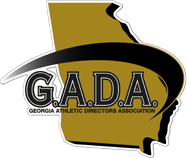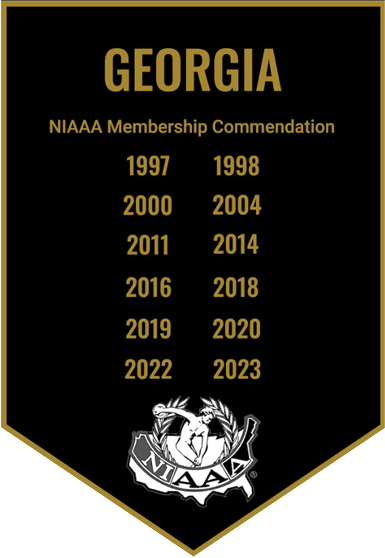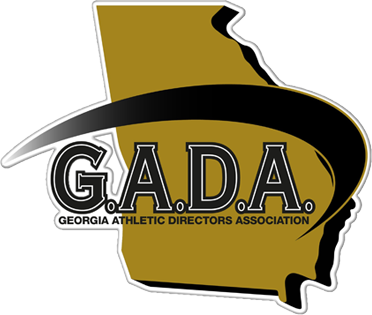Enhancing Athletic Directors Working Relationship with Coaches
By Dr. David Hoch, CMAA
Whether it be in the business sector, the educational realm or even within family units, effective working relationships play a key and essential role. To successfully navigate standards and expectations, and to achieve commonly shared goals, everyone needs the input, help and efforts of others. Very seldom does one person accomplish anything alone.
Athletic administrators need coaches to work directly with, influence and impact student-athletes – and to create the best environment for them. It should be obvious, therefore, that the interactions, efforts and vision of both parties need to be aligned. How do you go about accomplishing this objective?
Two truisms may be a good place to start. First, athletic administrators certainly want to be friendly, and this would involve being polite, pleasant and considerate. However, athletic directors probably won’t succeed in their interactions with the coaching staff if they try to be a friend. Since the athletic director is the person who ultimately makes decisions and sets the direction of the program, the athletic director needs to treat everyone uniformly and fairly. There can never be an appearance of preferential treatment, and that can happen if athletic directors try to be a friend.
In addition, many individuals may not be influenced by your leadership efforts or meet your expectations until they feel that you care about them as a person. Your coaches first have to be able to trust you and believe that you want them to succeed. If and when this is accomplished, respect should follow.
The following suggestions should help athletic directors develop a better working relationship with their coaches:
• Do more listening initially in your interactions with your coaches than simply leading or directing them. In your efforts to create a better working relationship, it is vital to know and understand your individual coaches. Once you have an idea of what is important to them, and what makes them tick, you are in a much better position to relate to them. This should make informing, educating and motivating your coaches much more effective, because you can specifically tailor your approach to them.
• Work at communicating effectively. To accomplish this objective, be clear, concise and direct. If you are able to do this, there will be less chance of being misunderstood, and most working relationships function better when both parties understand what is being asked or expected.
• Be dependable. Follow through and actually do what you say you are going to do. By doing this, the individuals who work with you will appreciate that your word is good, and that they can count on you. While there may occasionally be extenuating circumstances, it is also important that everyone is treated in the same consistent manner. Knowing what to expect is critical in a good working relationship.
• Be available to support your coaches when they need help, advice and encouragement. It is critical to provide counsel and assistance at the time when they need it, even though it may not be convenient in your schedule. Try to readjust your day so that you can listen and help when they need it most. Of course, also offer to sit in with any potentially contentious meetings with misguided parents. In short, be there for your coaching staff and let them know that you are in their corner.
• Use requests and don’t make demands. Stating that “You need to …” is a demand, whereas “Would you please …” is a request. Both approaches may result in the desired outcome, but a polite request will usually render the best results and should create a better working relationship. And don’t forget to say “thank you.” Even though you are in charge and busy, this simple adjustment will pay huge dividends.
• Provide opportunities for input from your coaching staff. Obviously, it is the athletic administrator’s responsibility to make decisions and to implement policies and procedures. However, allowing for suggestions and ideas from your coaches helps them to feel part of the process, and as a result, this will normally ensure better connection to the purpose and mission of your program. Of course, you should occasionally use a recommendation that is offered if you hope to keep your staff involved.
• Follow the maxim of praising in public, and disagreeing, correcting and reprimanding (if necessary) in private. Everyone likes to know that they are appreciated, and publicly expressing this is a great way to build trust and respect. And for those situations in which you have to offer steps to improve and change, do so in a polite, constructive manner.
• Periodically remind yourself and your coaching staff that your major objective is to provide the best education- based environment for the student-athletes. When a person is busy and involved in day-to-day tasks, it is easy to forget. Refocusing on a common goal is often extremely helpful.
• Explore and offer professional development opportunities for your coaching staff, and this necessitates paying for these efforts. By underwriting the cost of workshops, courses such as those offered through the NFHS Learning Center, and in-service, in-house activities, you provide the means for your coaches to help them to grow, develop and improve with the ultimate beneficiaries being your student-athletes.
While these suggestions should help your approach to create a better working relationship with your coaching staff, it is important to understand, however, that an awareness and continual effort will be required. Establishing and maintaining an effective, productive work environment with varying individuals focused on one goal is never-ending. The enhancement of working relationships is always an ongoing process.



